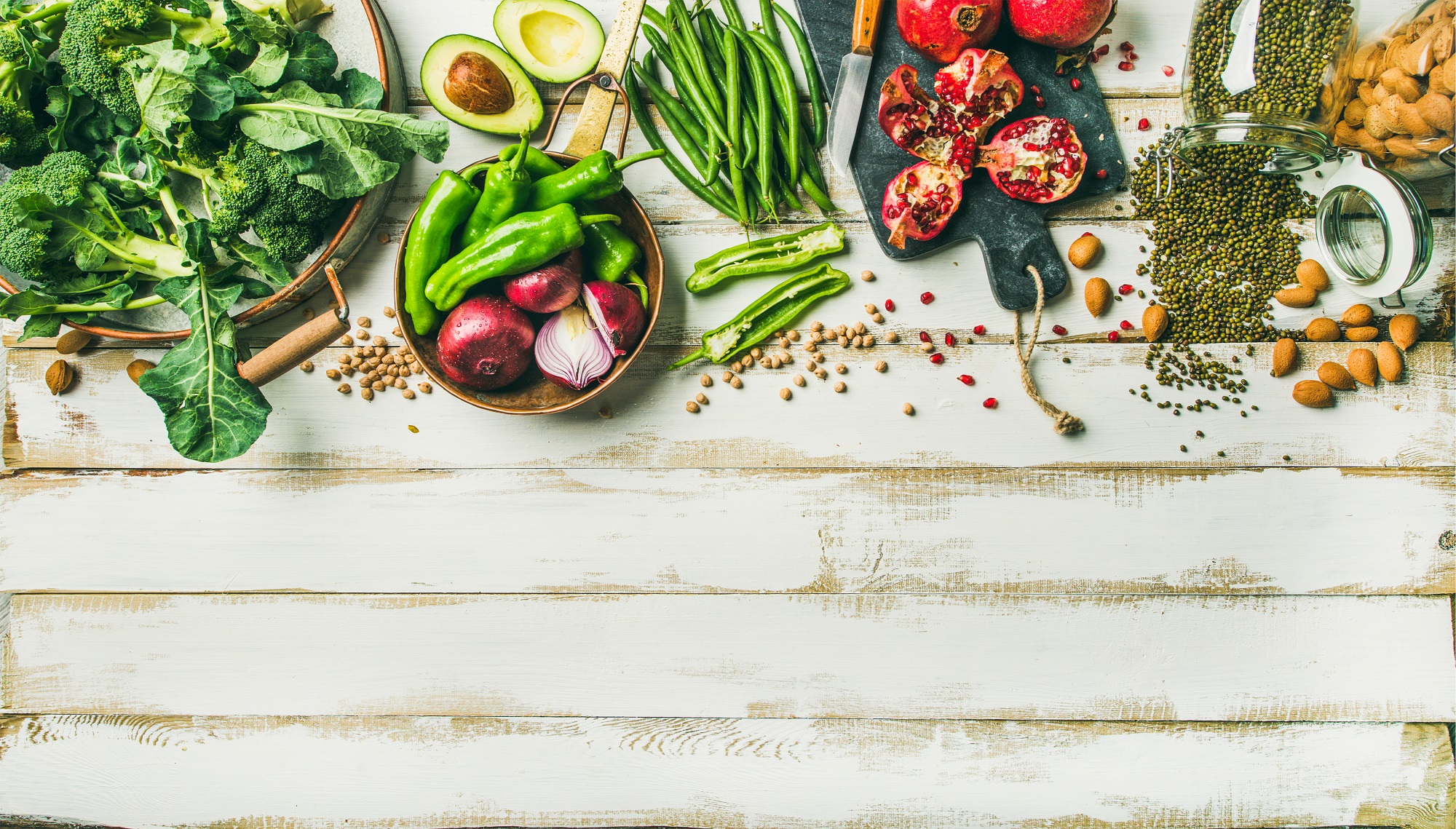Posted on September 7, 2021
The Benefits of a Diet Rich in Fibre
Fibre is one of the building blocks of a healthy and balanced diet, but what use does we have for it and why is a diet rich in fibre something we may all benefit from?
Let’s start by exploring what fibre is. The body cannot produce many of the substances that it needs to perform its many daily functions, a large majority of these organic compounds must be taken in by our diet and broken down during the process of digestion. The gut is almost like its own little ecosystem full of beneficial bacteria that is fed by what we eat. So where does fibre fit into this? A form of complex carbohydrate, fibre doesn’t break down in the small intestine and therefore passes to the large intestine. It helps to ‘bulk up’ stool and helps it to pass more quickly through the digestive tract, helping to relieve constipation and preventing the amount of time that waste material is in contact with the intestines and colon, which some scientists believe to be linked with better digestive health and a reduced risk of developing colon cancer. It is also thought to reduce the risk of heart disease, stroke and type 2 diabetes, likely due to the beneficial impact it has on food absorption and regulation of bowel movements.
Foods that are high in fibre can be found in a plant-based diet, especially in foods such as whole grains and pulses, although to a lesser extent also in vegetables and fruits. Most people will be eating the right amount of fibre from a healthy and balanced diet, but this is not always the case. If you are worried about your intake of fibre it can be a good idea to track your fibre intake on an average week so you can see if you are meeting your fibre needs on a daily basis (we should be eating 30g of fibre a day on average). From here you can see what you are lacking from your regular diet, as many of us are unaware of the nutritional value of the foods that we eat on a regular basis.
So, you’ve tracked your fibre intake for a couple of weeks, and you find yourself short of the requirements, what do you do now? If you find that you aren’t introducing enough fibre into your diet, try looking for foods at the supermarket that have a fibre content of more than 6g per 100g. Swapping from white to wholemeal or granary bread is also an easy way to increase your intake of fibre, as many processed white breads are very low on beneficial fibre. Also, as the saying goes ‘beans, beans the wonderful fruit, the more you eat…’, the addition of foods such as beans, pulses and grains are also a great addition for anyone looking to up their fibre intake. One thing to note however, it is best to be gradual about increasing your fibre intake as a rapid increase in fibre could lead to painful bloating and discomfort. Also drink plenty of water to help absorb it.



